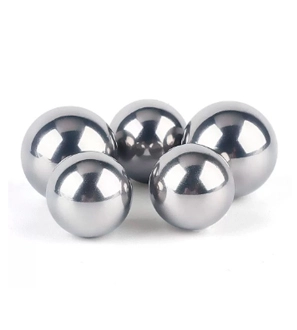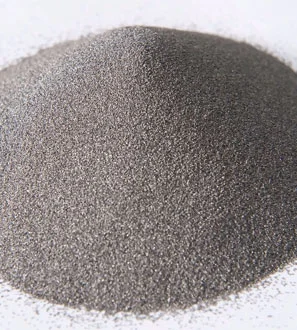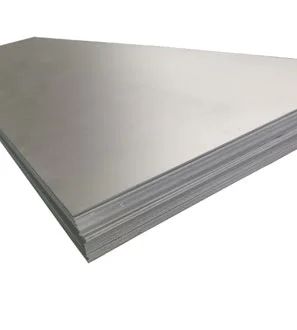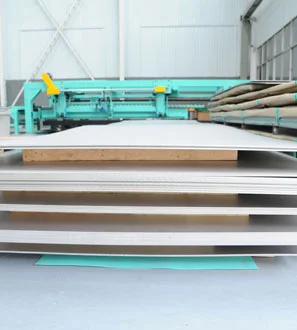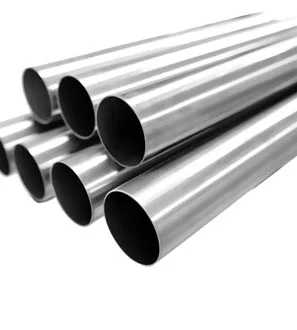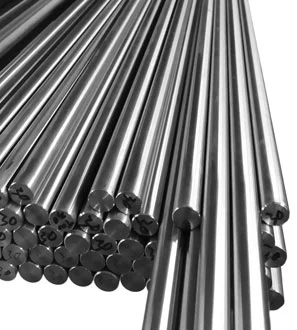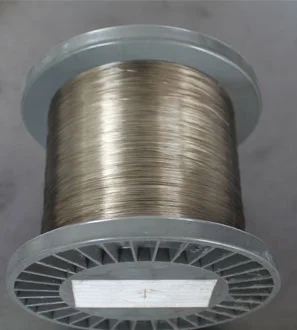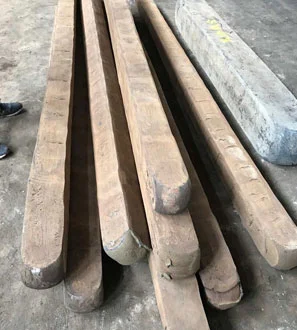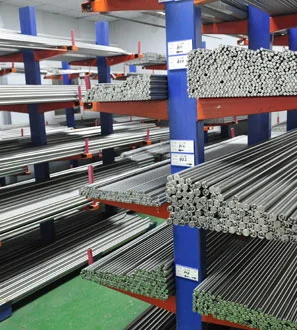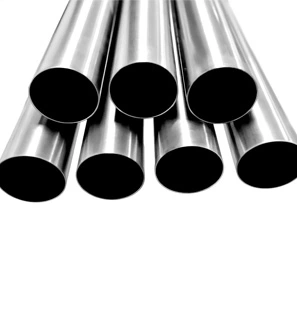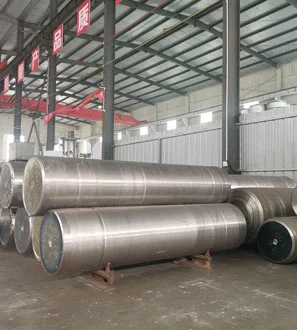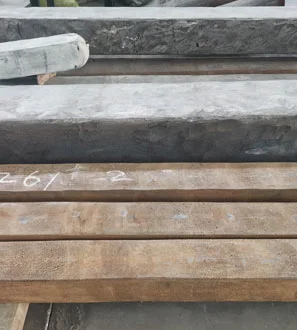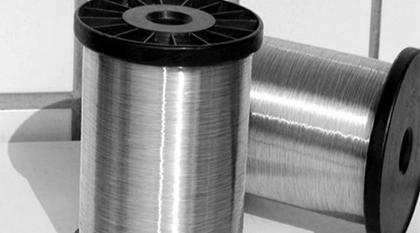Thank you for your
attention on Yesheng !
Exploring the Advantages of Titanium Flat Bars in Aerospace
Aerospace engineering demands materials of exceptional strength, durability, and lightweight characteristics to ensure the safety and performance of aircraft and spacecraft. One such material that has gained prominence in this industry is titanium. Specifically, titanium flat bars have become a crucial component in aerospace engineering due to their unique set of advantages. In this blog, we will delve into the various benefits of using titanium flat bars in the aerospace sector.
Unmatched Strength-to-Weight Ratio
One of the standout features of titanium is its exceptional strength-to-weight ratio. Flat bar Titanium is incredibly strong for their weight, making them an ideal choice for aerospace applications. This high strength allows engineers to design aircraft and spacecraft structures that are both robust and lightweight, contributing to fuel efficiency and overall performance.
Corrosion Resistance in Harsh Environments
Aerospace vehicles often operate in challenging environments, including high altitudes, extreme temperatures, and exposure to corrosive substances. Titanium's natural resistance to corrosion and oxidation makes it an invaluable material for aerospace titanium alloys. It ensures the longevity and reliability of critical parts, even in the harshest conditions.
Exceptional Heat Resistance
Titanium flat bars exhibit impressive heat resistance, making them suitable for applications that involve exposure to high temperatures. This quality is essential in aerospace engineering, where components may encounter intense heat during re-entry into Earth's atmosphere or during propulsion.
Reduced Maintenance and Longer Lifespan
Aerospace vehicles are subject to rigorous maintenance schedules and safety checks. The use of titanium flat bars can reduce the frequency of maintenance and replacement of components due to their durability and resistance to wear and tear. This not only saves costs but also enhances the operational readiness of aircraft and spacecraft.
Enhanced Fuel Efficiency
The aerospace industry places a premium on fuel efficiency to reduce operating costs and environmental impact. Titanium's lightweight nature, coupled with its strength, contributes to lighter aircraft and spacecraft, which require less fuel for propulsion. This not only lowers operational costs but also reduces carbon emissions, aligning with the industry's sustainability goals.
As aerospace engineering continues to push the boundaries of technology and innovation, materials like titanium flat bars play a pivotal role in achieving new milestones. Their remarkable strength-to-weight ratio, corrosion resistance, heat tolerance, and longevity make them indispensable in the construction of aircraft and spacecraft. By harnessing the advantages of titanium flat bars, aerospace engineers can design and build vehicles that are not only safer and more durable but also more fuel-efficient and environmentally friendly. With Yeshengti titanium factory, As technology advances and aerospace exploration reaches new heights, titanium's role in shaping the future of aerospace engineering is set to become even more prominent.
 English
English  日本語
日本語  한국어
한국어  français
français  Deutsch
Deutsch  русский
русский 




